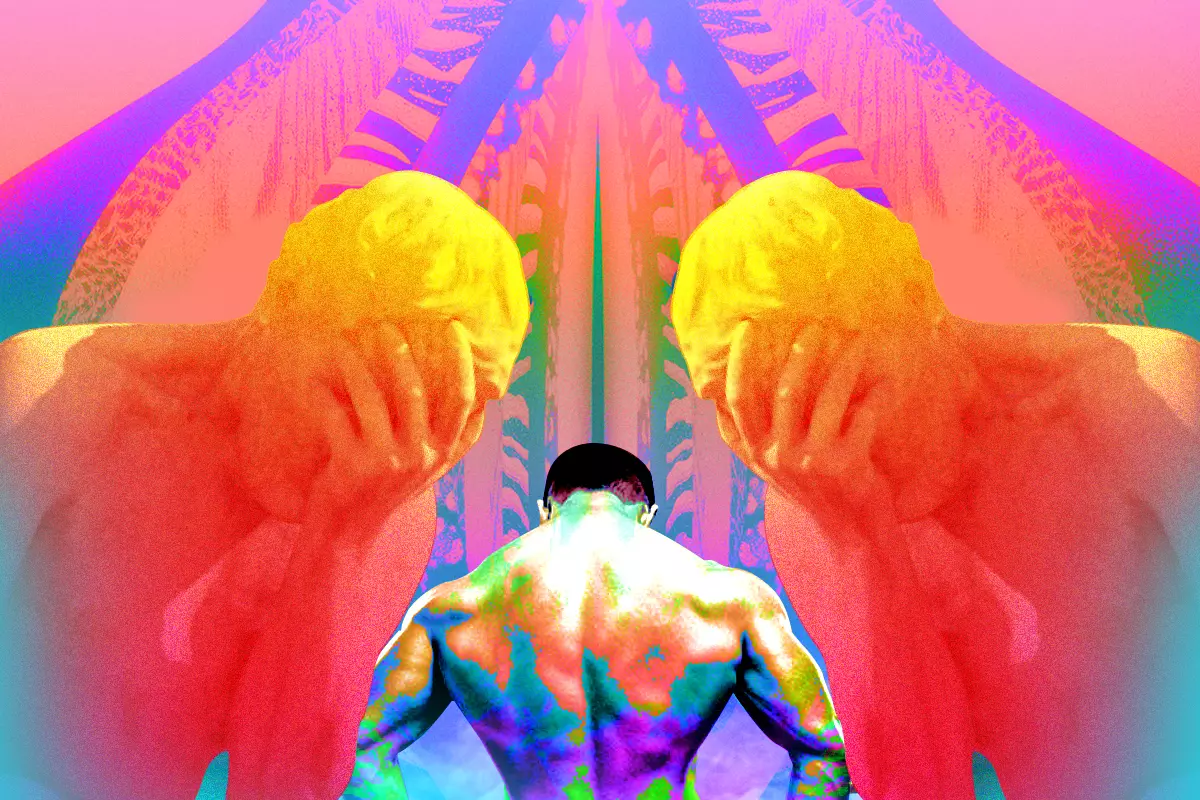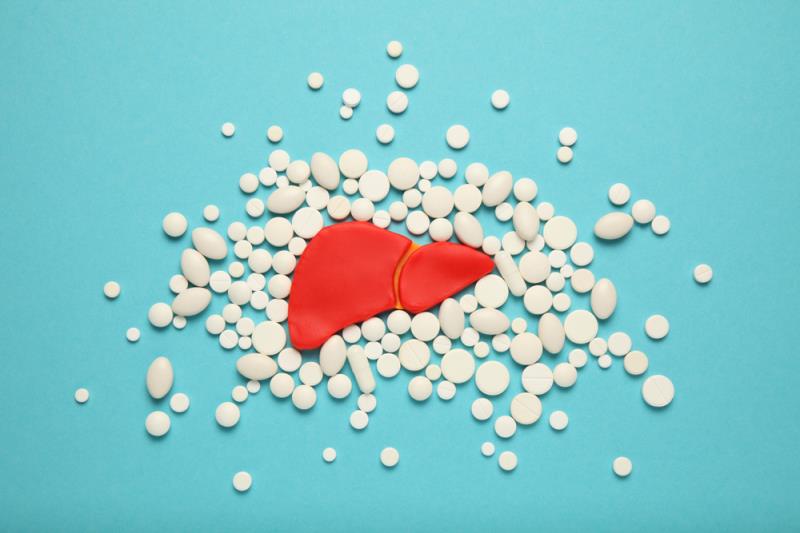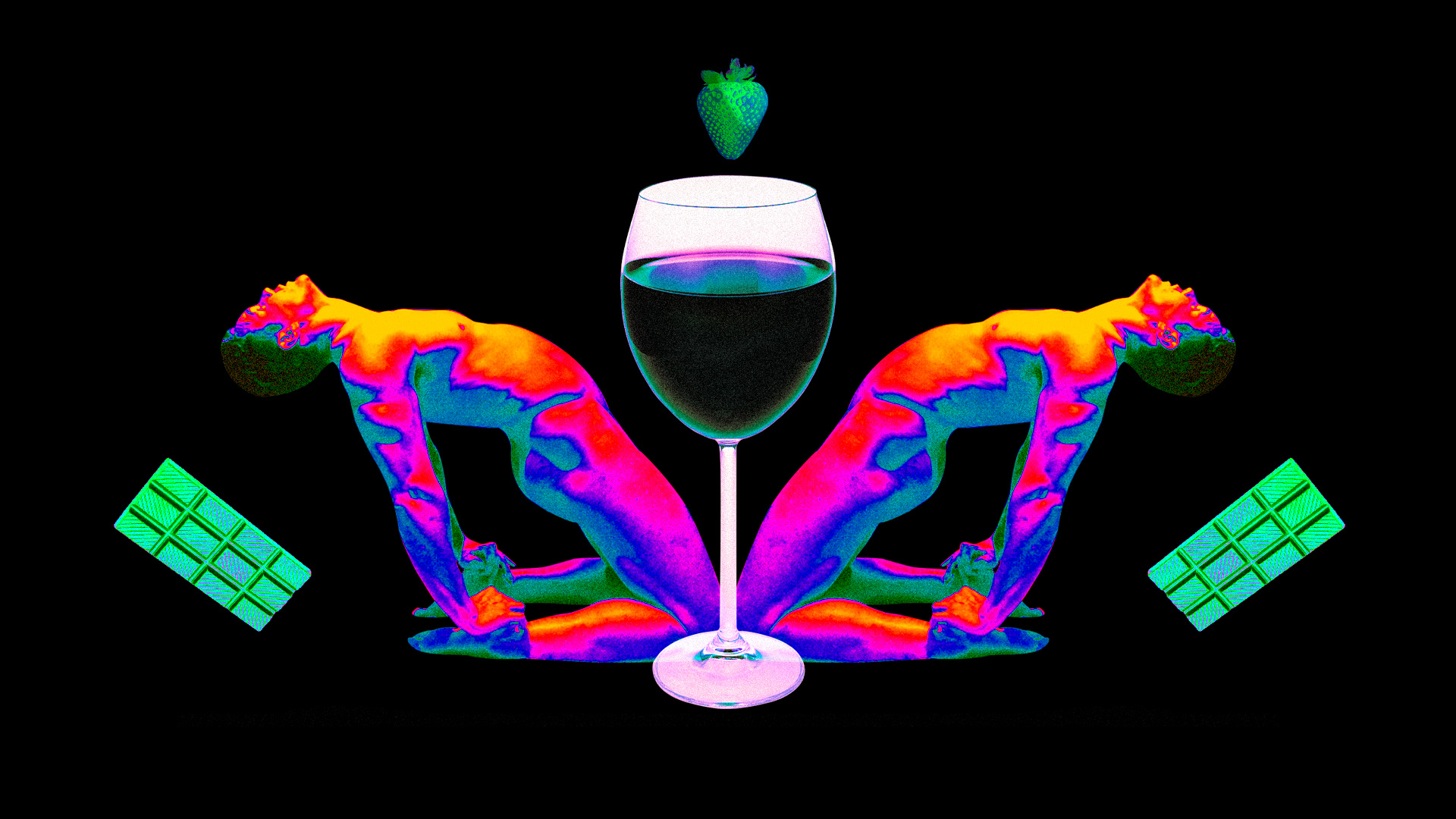Low Libido (Low Sex Drive) in Men - Cause, Diagnosis, and Treatment
3661
Sexual interest fluctuates; libido varies over life. In certain conditions, medications can lower it in men. Learn causes and ways to boost sex drive.

Low Libido (Low Sex Drive) in Men - Cause, Diagnosis, and Treatment
It is not uncommon for someone to lose interest in sex, but long-term low libido might be just the reason why, and having low testosterone, getting poor sleep, depression, stress, and substance use are the possible causes. If you are concerned that this might be your case, we highly recommend you consult a professional near you.
Low libido or sudden change in sex drive can be signs of underlying health issues, contact us at info.bkk@pulse-clinic.com or any of the following platforms for more information.
![]() +66 65 237 1936
+66 65 237 1936  @PULSEClinic
@PULSEClinic ![]() PulseClinic
PulseClinic
Causes of Low Libido
Low Testosterone
Testosterone is a crucial male hormone and is mostly produced in the testicles. It helps develop muscle and bone, stimulates sperm production, and influences sex drive.
Normal testosterone levels fluctuate. However, according to the American Urological Association (AUA) guidelines, adult males are deemed to have low testosterone or low T if their levels dip below 300 nanograms per deciliter (ng/dL). Therefore, as testosterone levels decrease, so does sexual desire.
If your testosterone is decreasing, it is a normal part of aging. However, a drastic testosterone drop is not normal, and your body might be signaling a health condition.
Testosterone replacement therapy (TRT) is a method used to treat low testosterone, and testosterone injections are another option available for you.
Medications
Certain medications can reduce testosterone levels, potentially resulting in decreased libido. For example, blood pressure drugs like ACE inhibitors and beta-blockers might prevent erections and ejaculation.
Other medications that can lower testosterone levels include:
- Chemotherapy or radiation for cancer
- Prostate cancer hormone therapy
- Corticosteroids
- Opioid pain meds (e.g., morphine, oxycodone)
- Antifungal medication called Ketoconazole
- Cimetidine (Tagamet), is used to treat heartburn and GERD
- Anabolic steroids, used by athletes to increase muscle mass
- Specific antidepressants
If you are taking one or more of these medications and are experiencing the effects of low testosterone, you may need to consult a doctor for appropriate diagnosis and treatment.
Restless Legs Syndrome (RLS)
Restless legs syndrome (RLS) is a strong urge to move legs. Research shows men with RLS have higher chances of erectile dysfunction (ED). Those with frequent RLS episodes, especially, are at greater risk of impotence.
Depression
Depression alters every aspect of life, diminishing or eliminating interest in previously enjoyable activities, including sex. Experiencing low libido is also a side effect of taking antidepressants, including:
- Serotonin-norepinephrine reuptake inhibitors (SNRIs), such as duloxetine (Cymbalta)
- Selective serotonin reuptake inhibitors (SSRIs), like fluoxetine (Prozac) and sertraline (Zoloft)
However, bupropion (Wellbutrin SR, Wellbutrin XL), a norepinephrine and dopamine reuptake inhibitor (NRDI), has not demonstrated a decrease in libido.
Consult your doctor if you are on antidepressants and experiencing low libido. They can manage side effects by adjusting their dosage or switching medications.
Chronic Illness
When dealing with the impact of a chronic health issue like chronic pain, sex often becomes less of a priority. Some conditions, like cancer, can also lower sperm production.
Additional chronic conditions that may affect your sex drive include:
- Type 2 diabetes
- Obesity
- High blood pressure
- High cholesterol
- Chronic lung, heart, kidney, and liver failure
If you are dealing with a chronic illness, you should discuss intimacy options with your partner as well as seek support from a marriage counselor or a sex therapist that could be beneficial.
Sleeping Problems
Research published in the Journal of Clinical Sleep Medicine suggests that non-obese males suffering from obstructive sleep apnea (OSA) have reduced testosterone levels, resulting in diminished sexual activity and libido. The study also revealed that nearly one-third of men with severe sleep apnea experienced decreased testosterone levels.
Aging
Libido is typically highest in late teens when testosterone levels peak. As men age, reaching orgasm, ejaculation, and arousal might take longer. Erections may weaken, and arousal may be delayed. Medications can aid in addressing these concerns.
Stress
High-pressure situations or distractions can diminish sexual desire by disrupting hormone levels. Stress narrows arteries, reducing blood flow and potentially leading to erectile dysfunction (ED).
A study in Scientific Research and Essays backed the idea that stress directly impacts sexual issues in both genders. Avoiding stress is challenging. Relationship conflicts, divorce, the death of a loved one, financial concerns, new parenthood, or a demanding work setting are among the life events that significantly impact sexual desire.
Methods for managing stress, like deep breathing, meditation, and therapy, could be beneficial.
For instance, in a study, men who were newly diagnosed with ED notably enhanced their erectile function scores following an 8-week stress management course.
Low Self-esteem
Low self-esteem, lacking confidence, and negative body image can negatively impact emotional health and well-being. If you are feeling unattractive or undesirable, it can dampen sexual experiences. Disliking your appearance in the mirror might even lead to avoiding sex entirely.
Low self-esteem can trigger anxiety about sexual performance, potentially causing erectile dysfunction (ED) and diminished sexual desire. Over time, self-esteem issues may escalate into more significant mental health issues like depression, anxiety, and substance abuse — all associated with reduced libido.
Alcohol & Drug Use
Excessive alcohol consumption, defined as over 14 mixed drinks per week, has been associated with reduced testosterone production, which can diminish sex drive over time. The Cleveland Clinic suggests that men who drink more than three or more alcoholic beverages regularly should consider drinking less.
Apart from alcohol, the consumption of tobacco, marijuana, and illicit drugs like opiates has also been linked to decreased testosterone production, leading to a decrease in sexual desire. Moreover, smoking has been associated with adverse effects on sperm production and motility.
Add us on Line and stay in touch.
Side Effects of Low Libido
It can be very unsettling for men to experience a decreased sex drive. This condition can lead to a negative cycle of physical and emotional side effects, including ED — the incapacity to sustain an erection for a sufficient duration to engage in satisfactory sexual activity.
ED can cause a man anxiety around sex that can lead to serious tension between their partner getting less sexual encounters and more relationship problems. The inability to perform because of erectile dysfunction (ED) can evoke feelings of depression, low self-esteem, and negative body image.
Treating low libido typically involves treating the root cause. If an underlying health condition is to blame, medication adjustment may be necessary. Alternatively, if psychological factors are at play, seeking therapy, possibly relationship counseling, could be beneficial for you.
In the meantime, you can try natural ways to increase libido to get a better result during your treatment from your doctor.
How Will Doctors Diagnose Low Libido?
Low libido is usually just one of many symptoms of other health conditions. Doctors might ask you for some medical history and run some tests based on your condition. You might have to get some blood tests to check for testosterone levels in your body, or you might need to have a talk therapy with mental health professionals to help with the psychological cause of your low libido.
Are There Any Treatments for Low Libido?
If you're having low libido due to low testosterone
Testosterone replacement therapy (TRT) is a common treatment for low testosterone (male hypogonadism). Available treatment options at PULSE Clinic include injection and testosterone gel, offering flexible solutions to restore testosterone levels and improve well-being. TRT also provide other health benefits other than increase in libido.
You're taking medication that make you have low sex drive?
If the effects of medication are a concern for you, consult your doctor about possible alternative medications or dose changes that might help address the unwanted side effects.
Lifestyle might be affecting your wellbeing?
Your lifestyle can significantly impact your mental well-being, which, in turn, affects your overall health. Addressing the factors that cause stress or anxiety might help alleviate or improve your symptoms. Consider consulting a mental health professional to explore strategies, therapy, or medications that could support your mental health.
How Low is Too Low? When Do You Need to See A Doctor for Low Libido?
If a decrease in libido causes personal or relationship distress, consult a healthcare or mental health professional. They may suggest lifestyle changes, relationship strategies, or medication if an underlying condition is identified. If medication affects your sex drive, ask about alternatives or adjustments.
Low libido or sudden change in sex drive can be signs of underlying health issues, contact us at info.bkk@pulse-clinic.com or any of the following platforms for more information.
Add us on Line and stay in touch.
Loading...
Clinic Locations
Loading...






